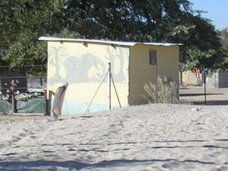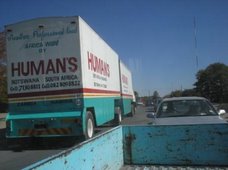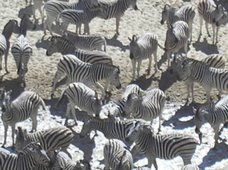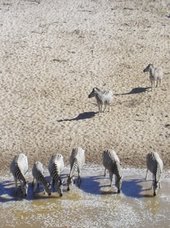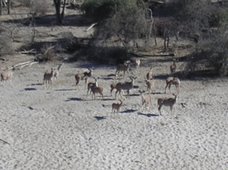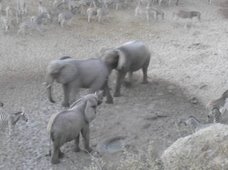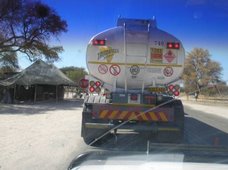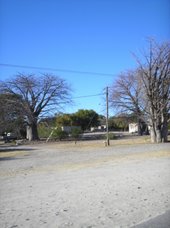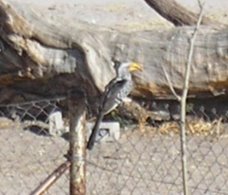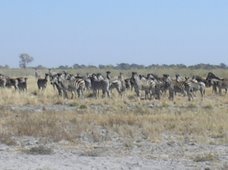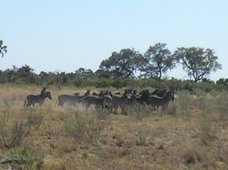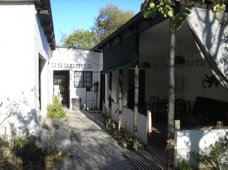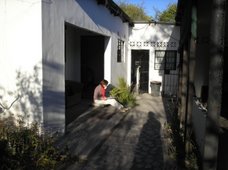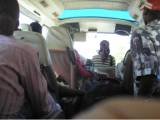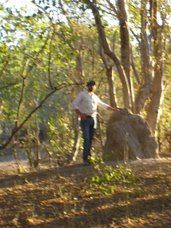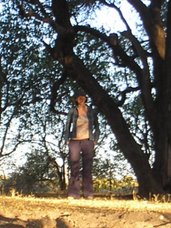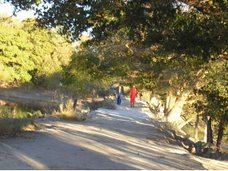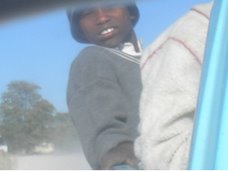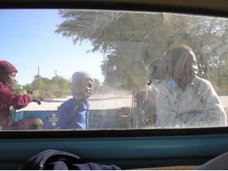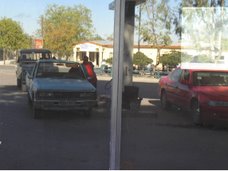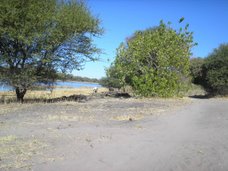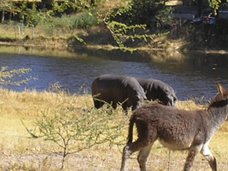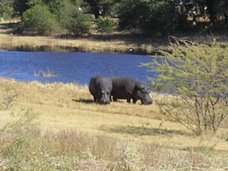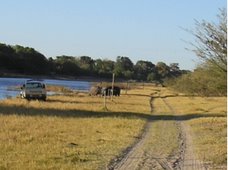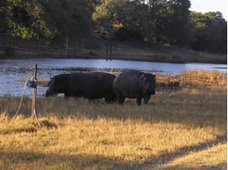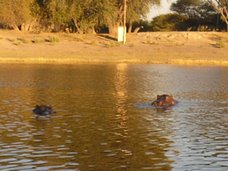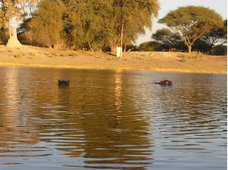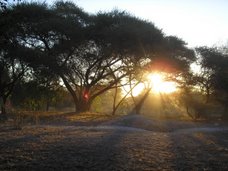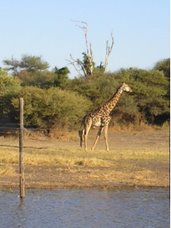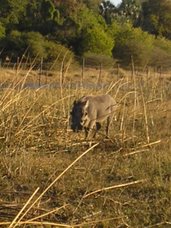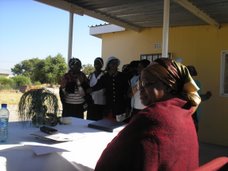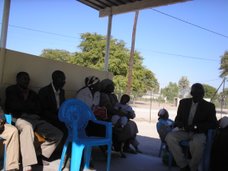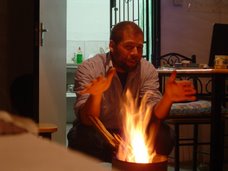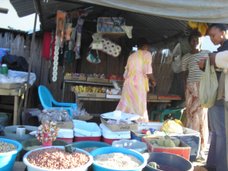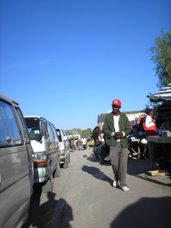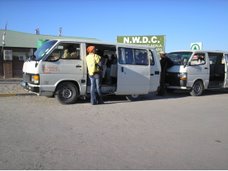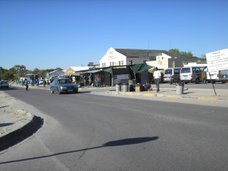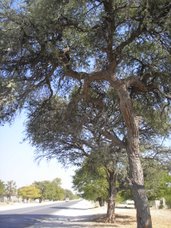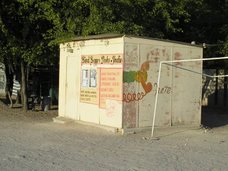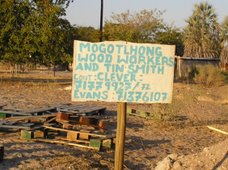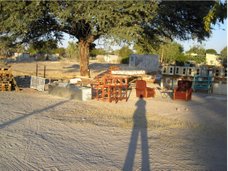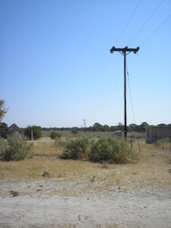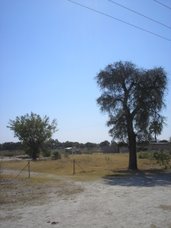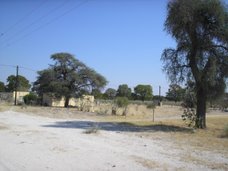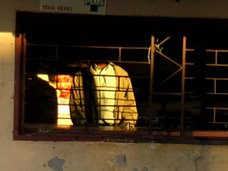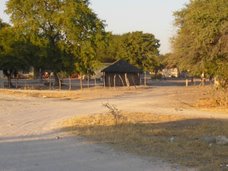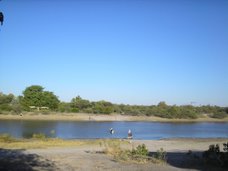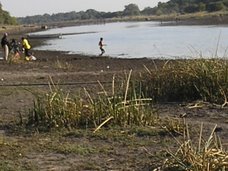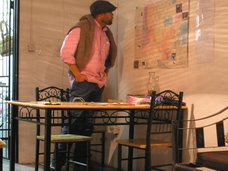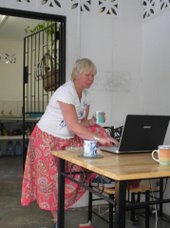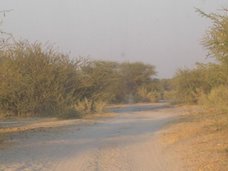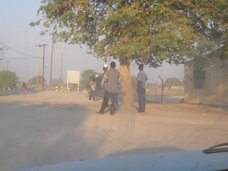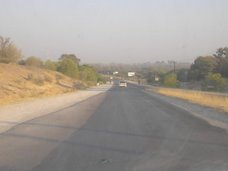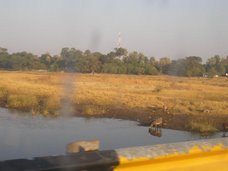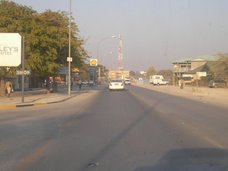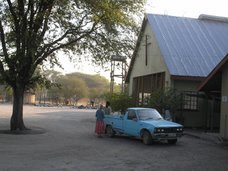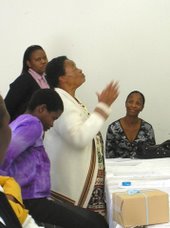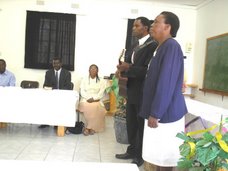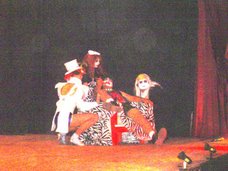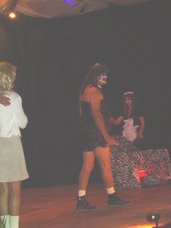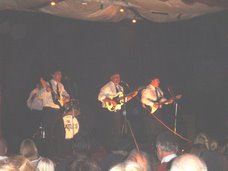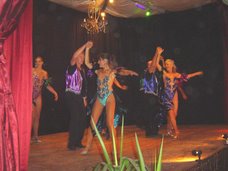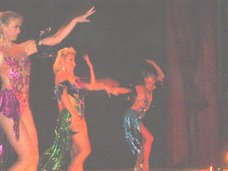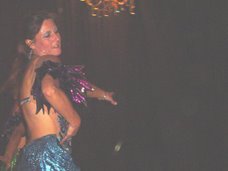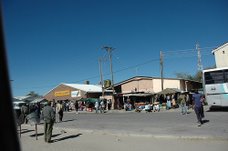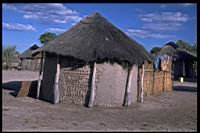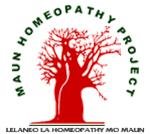Thursday, May 31, 2007
Statistics and Information - HIV, Rape and Bereavement in Botswana (From The Maun Homeopathy Project Website)
HIV: A National Crisis
Botswana has one of the highest rates of HIV infection in the world: over 35% of people are infected in a population of 1.75 million.
Although economically successful, Botswana has a high proportion of its population living in poverty.
Despite increasing urbanisation the majority of the population still lives in the rural areas and there is high mobility whereby individuals and their families move within or outside the country for work or to move between the cattle post, the village home and the town.
In 2005 there were 380,000 adults and children living with HIV. An estimated 120,000 children in Botswana have lost at least one parent to the epidemic and life expectancy at birth is now 40 years.
(Ref: WHO 2006 Report on the global AIDS epidemic)
Rape: The Unseen Picture
There are high levels of sexual violence in Botswana (and in Southern Africa as a whole) with teenage girls and younger women particularly at risk.
Girls and women who have been sexually assaulted are at increased risk of HIV infection through direct transmission and because of the long-term effects of sexual violence on risk-taking behaviour.
Contrary to conventional notions women are more likely to be raped by an intimate partner, spouse or someone they know than by a stranger. The abuse often continues over a relatively long period of time.
Because women are often the first to test for HIV through ante-natal services they are often blamed for bringing HIV into the family or community and this blame can easily turn to violence.(Ref: “Facing the Future Together” Report of the United Nations Secretary General’s Task Force on Women, Girls and HIV/AIDS in Southern Africa).
Bereavement & Stigma: Daily Devastating Effects
Multiple bereavement, through the high incidence and death rate from HIV and AIDS, is a devastating fact of life in Botswana. Most families have been affected by at least one death and this has economic as well as emotional consequences such as poverty, despair and anxiety.
Another consequence is that surviving adults, usually women, can be overburdened with the care of others while lacking financial or emotional support.
The overall picture in Botswana in general and in Maun in particular is one of a community in crisis composed of individuals dealing with the daily devastating effects of trauma from HIV diagnosis, living with HIV, the consequences of rape, the overburden of care for others and the social isolation from stigma that is often the result of HIV and rape.
Maun Homeopathy Project
- Establishing a permanent and free homeopathic service for women, men and children living with HIV and AIDS and/or traumatised by rape in Maun, Botswana
- working in partnership with agencies in the local community
- offering holistic care to people suffering from illness, trauma, grief and stigma
- travelling light with a mobile clinic providing an outreach service for those most in need
- to recruit and support local people to train in homeopathy to an internationally recognised standard
A Community in Crisis
Since 2002, The Maun Homeopathy Clinic has been running free homeopathy outreach clinics in Maun, a fast growing town in the north of Botswana, (click here to view map) where over 35% of the people are infected with HIV or AIDS, one of the highest rates in the world.
The epidemic has put this hitherto strong and confident democratic country into crisis and the Maun community like the rest of the country is suffering as a result. Everyone is affected and trying to cope with its daily devastating effects.
Maun is now the centre for the provision of medical and social care for people affected by HIV and traumatised by rape living in the town and its surrounding areas, but more help and other approaches are desperately needed.
Homeopathy fills the gap for a holistic approach to healing which is complementary to the existing and stretched medical and counselling services.Click Here for more on HIV and AIDS in Botswana
How can you help?
Make a regular donation by standing order; make a one off donation - Click to Donate now!Join our email list for news of fundraising events and for the MHP Newsletter - Contact Us
Our logo: The Baobab Tree
One of the great symbols of Africa, the Baobab Tree symbolises Strength, Survival and Longevity and all parts of the tree have nutritional and medicinal value.











